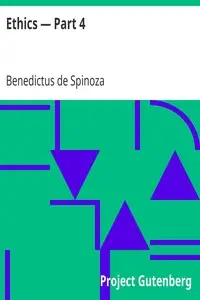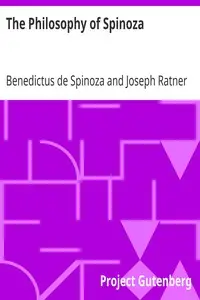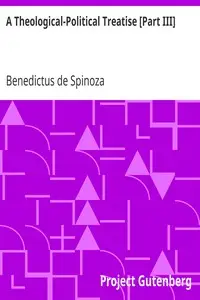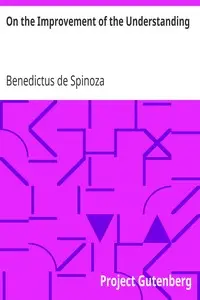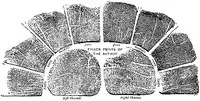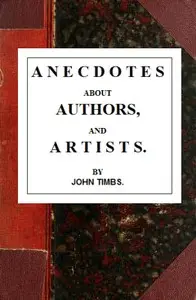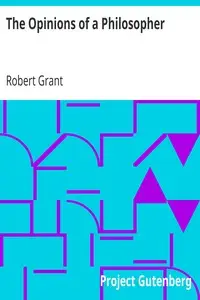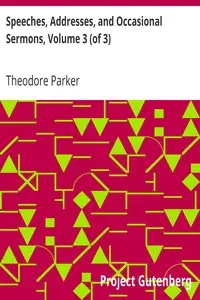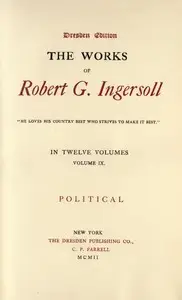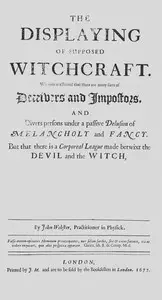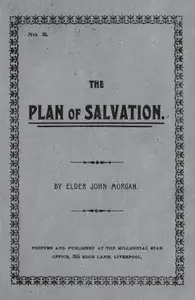"Ethics — Part 3" by Benedictus de Spinoza is a philosophical treatise written in the 17th century, exploring foundational concepts of morality, human behavior, and emotions. The section delves into the origin and nature of emotions, aiming to elucidate how emotions arise from the laws of nature rather than from any flawed human nature. Through a geometric method, Spinoza seeks to dissect human emotions like love, hate, and desire, presenting them as necessary responses within the broader framework of natural law. The opening of Spinoza's work introduces a critical analysis of previous philosophical thinkers, particularly addressing misconceptions about human emotions attributed to a flawed understanding of human nature. Spinoza asserts that emotions are not just whimsical experiences but are rather to be understood through rational inquiry and cause-and-effect relationships. He defines various terms related to emotions and lays the groundwork for a systematic examination of how the human mind interacts with feelings, emphasizing that both the active and passive states of the mind can be understood in a manner akin to mathematical principles. The goal of this analysis is to empower individuals to recognize the sources of their emotions, argue that true freedom lies in understanding those sources, and suggests that by controlling our understanding of emotions, we can achieve a more rational life. (This is an automatically generated summary.)
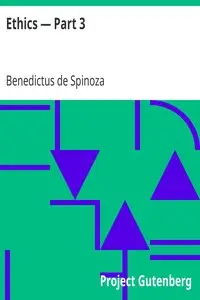
Ethics — Part 3
By Benedictus de Spinoza
"Ethics — Part 3" by Benedictus de Spinoza is a philosophical treatise written in the 17th century, exploring foundational concepts of morality, human...
Genres
Released
1997-06-01
Formats
mobi
epub
epub3 (images)
mobi (images)
epub (images)
Free Download
Overview
About the Author
Baruch (de) Spinoza, also known under his Latinized pen name Benedictus de Spinoza, was a philosopher of Portuguese-Jewish origin. A forerunner of the Age of Enlightenment, Spinoza significantly influenced modern biblical criticism, 17th-century rationalism, and Dutch intellectual culture, establishing himself as one of the most important and radical philosophers of the early modern period. Influenced by Stoicism, Thomas Hobbes, René Descartes, Ibn Tufayl, and heterodox Christians, Spinoza was a leading philosopher of the Dutch Golden Age.
Total Reviews
10.0k
Total reviews from Goodreads may change

